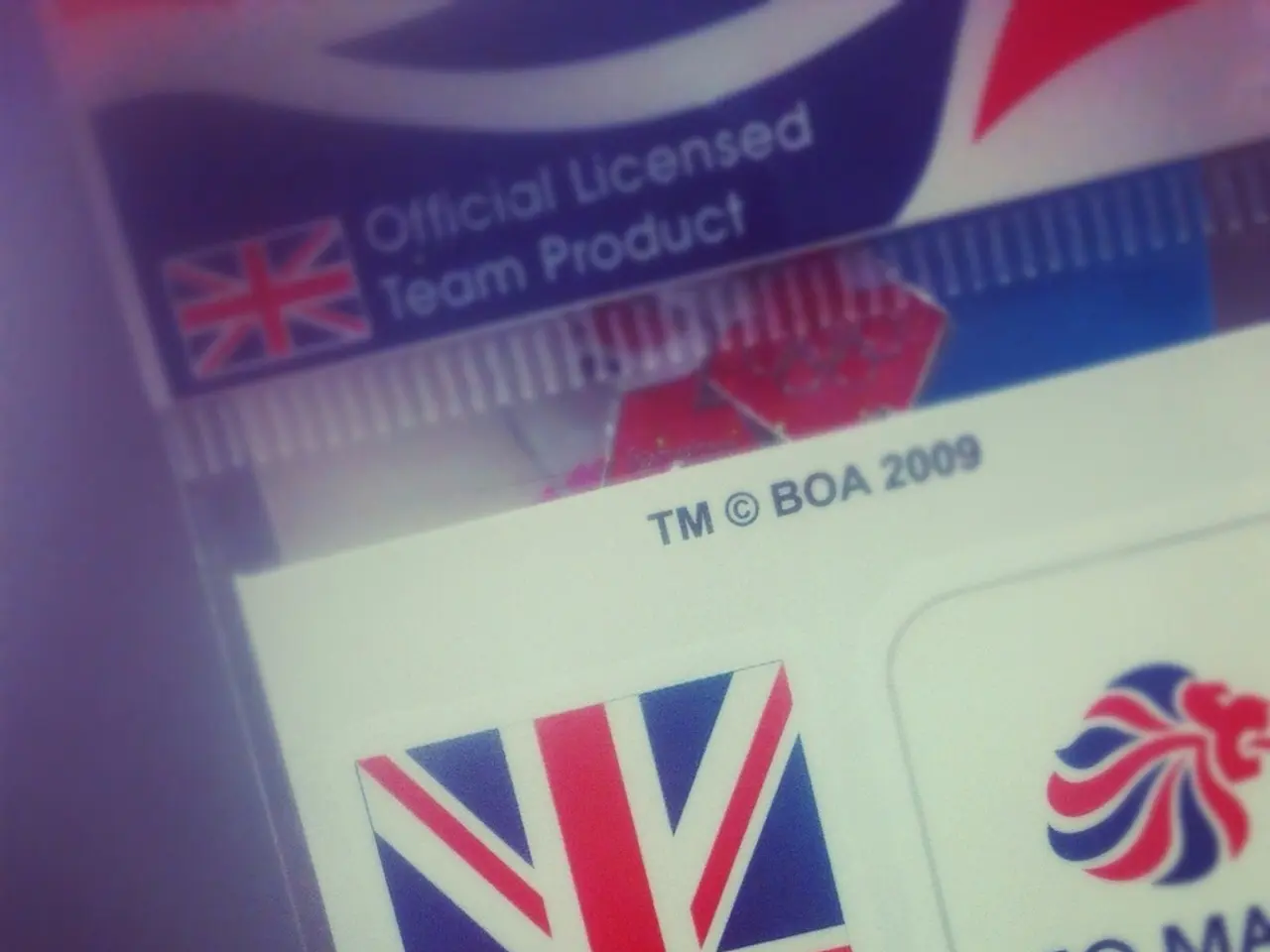Discovering the UK Through Your Family Ties: A Guide to Obtaining a UK Ancestry Visa
Discovering one's family's past can be a deeply personal journey, and for those with ties to the United Kingdom, the UK Ancestry visa offers a unique opportunity to connect with the land, culture, and memories that have shaped their heritage. However, navigating access to the UK can present challenges, particularly for individuals without residence in the country.
For visitors from non-visa-required regions, the UK's visa system can be complex, with temporary visas often coming with strict restrictions, such as a maximum duration of 90 days. This can be limiting, especially when engaging with a purpose as complex as ancestry. The UK Ancestry visa, on the other hand, provides a pathway towards UK immigration, offering freedom of movement and the ability to remain in the UK, making it a highly desirable option for those who qualify.
To be eligible for a UK Ancestry visa, applicants must meet specific requirements. They must be a Commonwealth citizen, a British overseas citizen, a British overseas territories citizen, a British national (overseas), or a citizen of Zimbabwe. Additionally, they must have a grandparent born in the UK, the Channel Islands, the Isle of Man, or in what is now Ireland before 31 March 1922, or their grandparent must have been born on a ship or aircraft registered in the UK or owned by the UK government.
Applicants must also be at least 17 years old, have the financial means to support themselves and any dependents without relying on public funds, and intend to work in the UK, whether employed or self-employed. No employment offer or sponsor is required.
The application process involves providing documents such as a valid passport, full birth certificates for oneself, one's parent, and one's grandparent, proof of financial support, and evidence of one's intention to work in the UK. Applications must be made online from outside the UK and cannot be submitted earlier than three months before the intended travel date. A fee (currently £637) and possibly a healthcare surcharge must be paid, and a biometric appointment at a visa application centre is required.
It's important to note that the UK has ended freedom of movement agreements for EU and EEA nationals, and they are now bound to the same 90-day limit unless they obtain a long-stay visa. The drawbacks of short-stay visas should be considered, especially when wanting to engage with a purpose as complex as ancestry. Immigration barriers, legal concerns, and overstaying issues can be hindrances during a significant trip focused on ancestry.
Despite these challenges, the UK Ancestry visa offers a wonderful opportunity for individuals with a history of ancestry in the UK to return and experience their connection to the country. For those who qualify, it can be a rewarding way to explore their roots and deepen their understanding of their heritage.
[1] GOV.UK. (2021). UK Ancestry visa. Retrieved from https://www.gov.uk/ancestry-visa [2] UK Council for Immigration Research. (2020). UK Ancestry visa. Retrieved from https://www.ukciss.org/info/UK-Ancestry-visa [3] Migrant Help. (2021). UK Ancestry visa. Retrieved from https://www.migranthelpuk.org/visas/uk-ancestry-visa/
- The UK Ancestry visa is a highly desirable option for those who qualify, offering freedom of movement and the ability to remain in the UK.
- To be eligible for a UK Ancestry visa, applicants must meet specific requirements, such as having a grandparent born in the UK, the Channel Islands, the Isle of Man, or in what is now Ireland before 1922.
- Applicants must also be at least 17 years old, have the financial means to support themselves and any dependents without relying on public funds, and intend to work in the UK, whether employed or self-employed.
- The UK has ended freedom of movement agreements for EU and EEA nationals, and they are now bound to the same 90-day limit unless they obtain a long-stay visa.
- The application process involves providing documents such as a valid passport, full birth certificates, proof of financial support, and evidence of one's intention to work in the UK.
- Discovering one's family's past can be a deeply personal journey, and for those with ties to the UK, the UK Ancestry visa offers a unique opportunity to connect with the land, culture, and memories that have shaped their heritage, allowing them to explore and deepen their understanding of their lifestyle and history within national parks and beyond.




